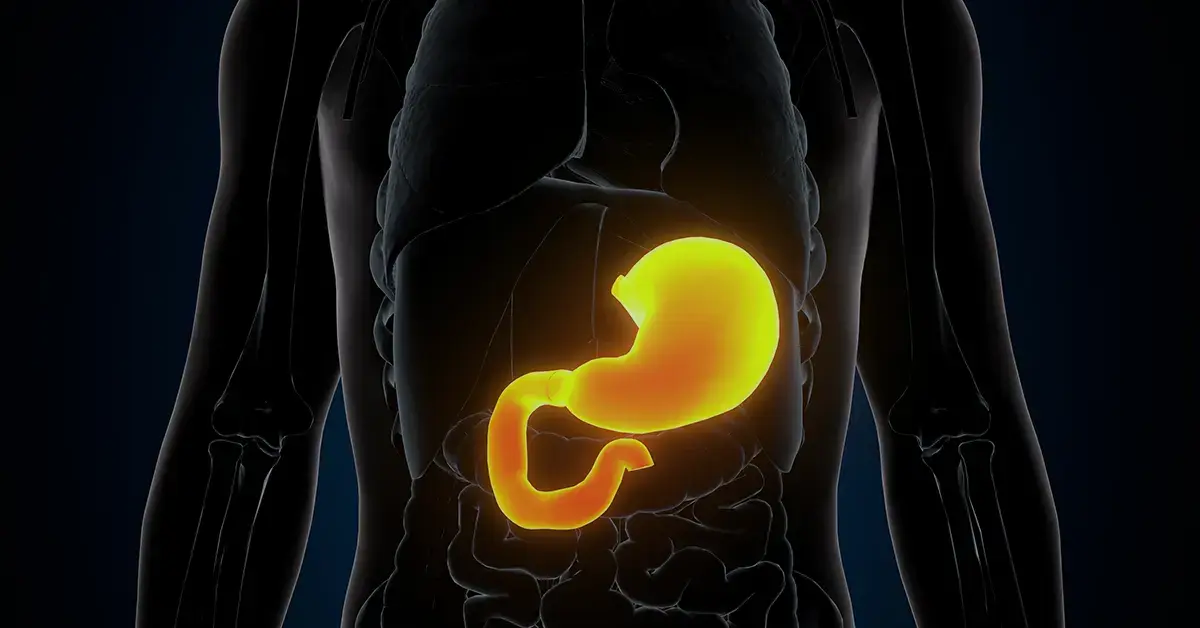Gastroenterology is a crucial department in hospitals that focuses on diagnosing and treating conditions related to the digestive system. This medical field is dedicated to helping people with problems with their stomach, intestines, liver, pancreas, and more. Gastroenterologists, the doctors who specialize in this area, play a key role in ensuring our digestive system works smoothly.
What is Gastroenterology?
Gastroenterology is a branch of medicine that deals with the digestive system, which is responsible for processing food, absorbing nutrients, and removing waste from the body. It consists of a wide range of organs, including the pancreas, liver, gallbladder, small and large intestines (colon), stomach, and esophagus. These organs work together to break down food and convert it into energy, which keeps the body functioning.
The digestive system is vital for overall health. When something goes wrong with this system, it can have major health consequences.
That’s where gastroenterology comes in, as it helps diagnose and treat problems affecting the digestive organs.
The Role of a Gastroenterologist
A gastroenterologist is a doctor who has undergone years of specialized training to treat diseases of the digestive system. After completing medical school, these doctors spend additional years studying gastroenterology to become experts in this field.
Some common reasons why patients visit gastroenterologists include:
- Abdominal pain: Unexplained stomach pain can indicate various digestive disorders, and a gastroenterologist can determine the cause.
- Indigestion or heartburn: These issues often arise from acid reflux, which can damage the esophagus if untreated.
- Constipation or diarrhea: Persistent changes in bowel habits may point to a more serious underlying condition.
- Liver problems: Conditions such as hepatitis or fatty liver disease require specialized care from gastroenterologists.
- Jaundice: A yellowing of the skin and eyes, which can indicate a liver or bile duct problem.
Common Conditions Treated in Gastroenterology
There are many disorders that gastroenterologists treat. Among the most common are:
- Gastroesophageal Reflux Disease (GERD): Inflammation caused by stomach acid returning to the esophagus.
- Irritable Bowel Syndrome (IBS): Chronic condition affecting the large intestine, causing abdominal pain, bloating, and bowel movement changes.
- Inflammatory Bowel Disease (IBD): Includes Crohn’s disease and ulcerative colitis, causing digestive tract inflammation and severe complications.
- Liver Disease: Treatment of conditions like cirrhosis, hepatitis, and liver failure.
- Pancreatitis: Inflammation of the pancreas, affecting blood sugar regulation and digestion enzyme production.
- Colorectal Cancer: Screening, diagnosis, and treatment of colon and rectal cancers, with early detection through colonoscopy.
Diagnostic Tools and Procedures
Digestive diseases are diagnosed and treated by gastroenterologists using a range of advanced tools and techniques. Several of the most popular techniques are as follows:
- Endoscopy: A procedure that uses a small, flexible tube with a camera to look inside the digestive tract. This allows doctors to see abnormalities in the esophagus, stomach, and intestines.
- Colonoscopy: A process that is similar to endoscopy but concentrates on the rectum and large intestine. It’s used for diagnosing and screening for colorectal cancer and other conditions.
- Ultrasound and MRI: Imaging tests that provide detailed pictures of the digestive organs and can help identify issues like liver disease or gallstones.
- Biopsy: During some procedures, gastroenterologists may take a small tissue sample to examine it for diseases like cancer or infection.
The Importance of Early Detection
Digestive disorders need to be detected and treated as soon as possible.
Many digestive disorders, like colorectal cancer, can develop slowly and may not show symptoms until they become serious. This is why routine screenings, such as colonoscopies for people over 50, are so important.
Other conditions, like GERD or IBS, may start with mild symptoms but can worsen if ignored. Gastroenterologists work to catch these problems early, helping patients avoid long-term complications.
When to see a Gastroenterologist?
You should consider seeing a gastroenterologist if you experience any of the following symptoms regularly:
- Severe or persistent abdominal pain
- Heartburn that doesn’t improve with over-the-counter medications
- Difficulty swallowing
- Unexplained weight loss
- Persistent diarrhea or constipation
- Jaundice (yellowing of the skin or eyes)
If you experience these symptoms, a gastroenterologist can assess your condition and recommend the best course of treatment.
Gastroenterology is an essential medical department that helps people with digestive problems lead healthier lives. From treating common conditions like heartburn to managing serious diseases like liver failure and colorectal cancer, gastroenterologists play a critical role in modern healthcare. By diagnosing issues early and providing effective treatments, they ensure that the digestive system—one of the body’s most important systems—functions properly. If you’re experiencing digestive problems, seeking help from this specialized medical department can make all the difference.
